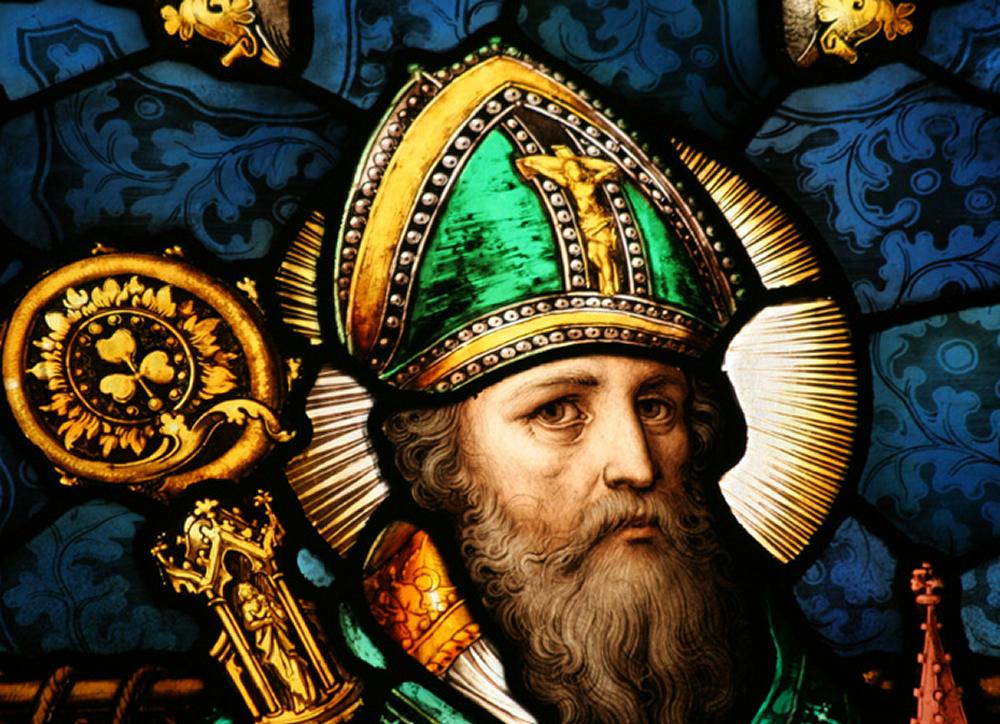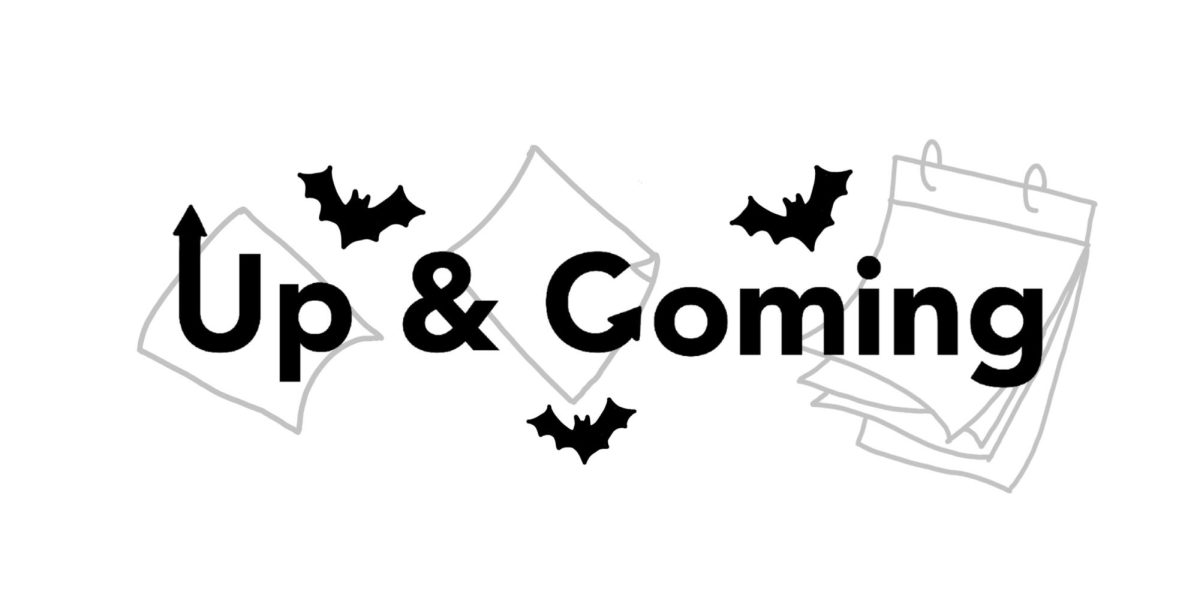A holiday beloved by the entire world, St. Patrick’s Day is celebrated on March 17 with a gush of green and little charms for luck. Though this was originally a religious holiday, it has evolved into an appreciation of Irish culture.
Taking a step back into history, it is important to recognize the origin of the holiday. It all began with St. Patrick, the patron saint of Ireland who was well-recognized for his Christian teachings. Born in Great Britain, his life took a turn when he was taken prisoner at 16 years old by Irish raiders, spending the next few years of his life captive. Trapped in the solitude of his own mind, Patrick tended to the outdoors often and sought religion to provide answers to his questions. Patrick began converting the Irish to Christianity after his ordination as a priest but was never officially canonized by the Catholic Church for his ‘Saint’ title; thus, he was only addressed as such by the Irish people.
Through his pious journey, St. Patrick felt the need to incorporate Irish culture and language into the Irish peoples’ conversion. This promotion made them trust St. Patrick so they didn’t feel like their beliefs were diluted in the rise of an unfamiliar religious path. One of the traditions St. Patrick incorporated included the use of bonfires, as many Irish pagans honored their Gods with fire. Bonfires represented restoration of the land and the burning symbolized their solstice celebrations for new beginnings. Though pagan traditions are now mostly eradicated, the Irish still believe that the sun is an important symbol, as their pre-Christian views lead them to worship it for controlling life’s movements. In addition to that, the Irish believe in the Celtic Cross instead of the traditional Christian Cross. The Celtic Cross signifies infinite peace and love with no beginning or end, demonstrating God’s unconditional love for his children.
With St. Patrick’s day being a national holiday, the people in Ireland have the day off to enjoy the festivities their towns have to offer. Americans also love parades and events, and the U.S. seems to value the holiday with just as much enthusiasm. One bold statement tradition began in 1962 when the city of Chicago would dye the Chicago River green, carrying out this festivity until the 2020 pandemic. A similar tradition Americans and Irish both carry out is the way they idolize leprechauns for the holiday. For the Irish, there are stories of leprechauns in Celtic folklore using tricks to protect their treasure, and for Americans, they are aware that these mythical creatures are associated with Irish culture so they like to incorporate them for March 17. Unlike Americans though, the Irish don’t prefer their alcoholic beverages or their clothing to all be green. The color green led Ireland to occasionally be referred to as the Emerald Isle, but St. Patrick himself was associated with blue. In the 18th century, the shamrock — or three-leaf clover — became Ireland’s symbol, and because of that and Ireland’s greenlands, this color represents the holiday and the country.
Many churches, schools, and hospitals are named after St. Patrick as a way to commemorate his legacy and his devotion to Christianity. The people of Ireland continue to tell folktales and play traditional music to cherish how far they have come since their pre-Christian practices and how far they will go with the bond that St. Patrick created for them through religion.
References:
https://www.history.com/topics/st-patricks-day/who-was-saint-patrick
https://kids.nationalgeographic.com/celebrations/article/st-patricks-day
https://www.museum.ie/en-IE/News/From-shamrock-and-rosettes-to-Patricks-Pot
Image courtesy of Catholic Ireland.










Daphne Galang • Mar 11, 2024 at 4:21 pm
Although St. Patrick’s Day is not a federal holiday of the United States, it is a well-known celebration before Easter. Thank you for publishing this article.